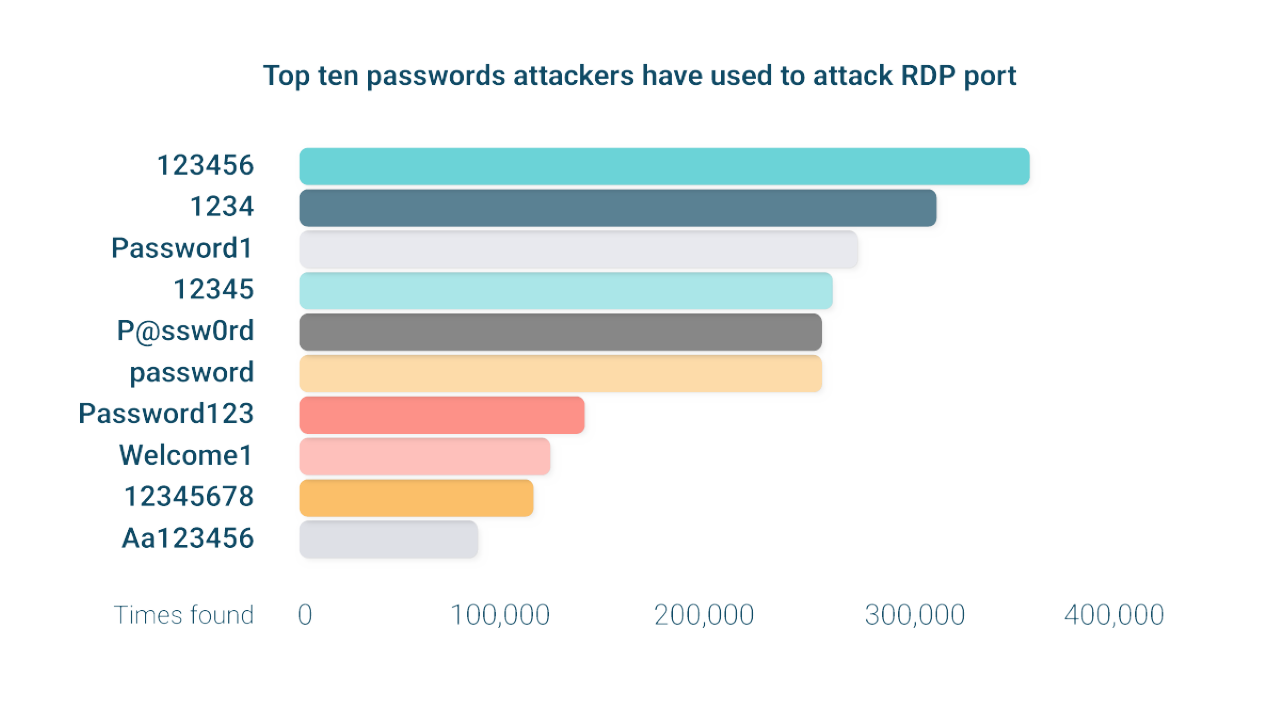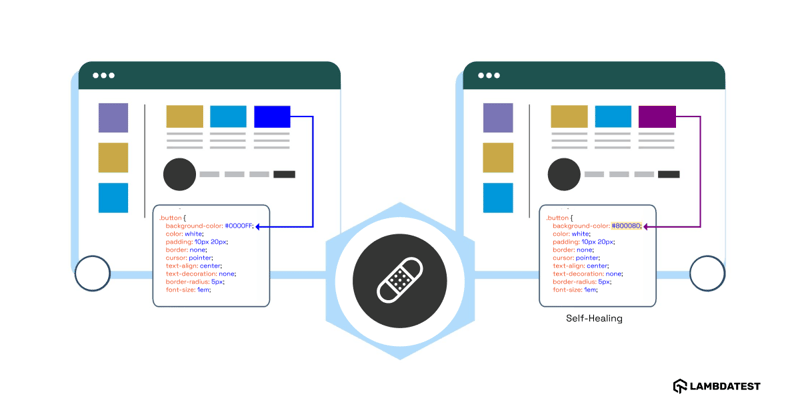What is Body-parser?
What is Body-Parser? Body-parser is a middleware in Node.js that helps handle incoming request bodies in Express applications. It parses incoming JSON, URL-encoded, and raw data from the client, making it accessible via req.body. Why Do We Need Body-Parser? By default, Express does not parse request bodies. If a client sends data in a POST or PUT request, it arrives as a stream, which is hard to handle manually. Body-parser makes it easy to extract and use this data. How to Use Body-Parser in Express? 1. Install Body-Parser Run the following command: npm install body-parser 2. Import and Use Body-Parser in Express const express = require('express'); const bodyParser = require('body-parser'); const app = express(); // Middleware to parse JSON data app.use(bodyParser.json()); // Middleware to parse URL-encoded data (for form submissions) app.use(bodyParser.urlencoded({ extended: true })); app.post('/data', (req, res) => { console.log(req.body); // Access parsed data res.send('Data received!'); }); app.listen(3000, () => console.log('Server running on port 3000')); Types of Body-Parser Middleware bodyParser.json() → Parses incoming JSON data. bodyParser.urlencoded({ extended: true }) → Parses form data (application/x-www-form-urlencoded). bodyParser.raw() → Parses raw body buffer (e.g., application/octet-stream). bodyParser.text() → Parses incoming text (text/plain). Is Body-Parser Still Needed? Since Express 4.16.0, express.json() and express.urlencoded() are built-in, so you don’t need to install body-parser separately. Instead, just use: app.use(express.json()); app.use(express.urlencoded({ extended: true })); Conclusion Body-parser is an essential middleware for handling incoming request data in Express. While it's still widely used, modern Express versions include its functionality by default.

What is Body-Parser?
Body-parser is a middleware in Node.js that helps handle incoming request bodies in Express applications. It parses incoming JSON, URL-encoded, and raw data from the client, making it accessible via req.body.
Why Do We Need Body-Parser?
By default, Express does not parse request bodies. If a client sends data in a POST or PUT request, it arrives as a stream, which is hard to handle manually. Body-parser makes it easy to extract and use this data.
How to Use Body-Parser in Express?
1. Install Body-Parser
Run the following command:
npm install body-parser
2. Import and Use Body-Parser in Express
const express = require('express');
const bodyParser = require('body-parser');
const app = express();
// Middleware to parse JSON data
app.use(bodyParser.json());
// Middleware to parse URL-encoded data (for form submissions)
app.use(bodyParser.urlencoded({ extended: true }));
app.post('/data', (req, res) => {
console.log(req.body); // Access parsed data
res.send('Data received!');
});
app.listen(3000, () => console.log('Server running on port 3000'));
Types of Body-Parser Middleware
-
bodyParser.json()→ Parses incoming JSON data. -
bodyParser.urlencoded({ extended: true })→ Parses form data (application/x-www-form-urlencoded). -
bodyParser.raw()→ Parses raw body buffer (e.g.,application/octet-stream). -
bodyParser.text()→ Parses incoming text (text/plain).
Is Body-Parser Still Needed?
Since Express 4.16.0, express.json() and express.urlencoded() are built-in, so you don’t need to install body-parser separately. Instead, just use:
app.use(express.json());
app.use(express.urlencoded({ extended: true }));
Conclusion
Body-parser is an essential middleware for handling incoming request data in Express. While it's still widely used, modern Express versions include its functionality by default.

















![[The AI Show Episode 142]: ChatGPT’s New Image Generator, Studio Ghibli Craze and Backlash, Gemini 2.5, OpenAI Academy, 4o Updates, Vibe Marketing & xAI Acquires X](https://www.marketingaiinstitute.com/hubfs/ep%20142%20cover.png)
_marcos_alvarado_Alamy.jpg?#)

















/https://tf-cmsv2-smithsonianmag-media.s3.amazonaws.com/filer_public/2c/9d/2c9d05ee-5ef8-4a0c-9c23-90d5705d6745/main_hs-2015-44-b-xlarge_web-jpg.jpeg?#)









































